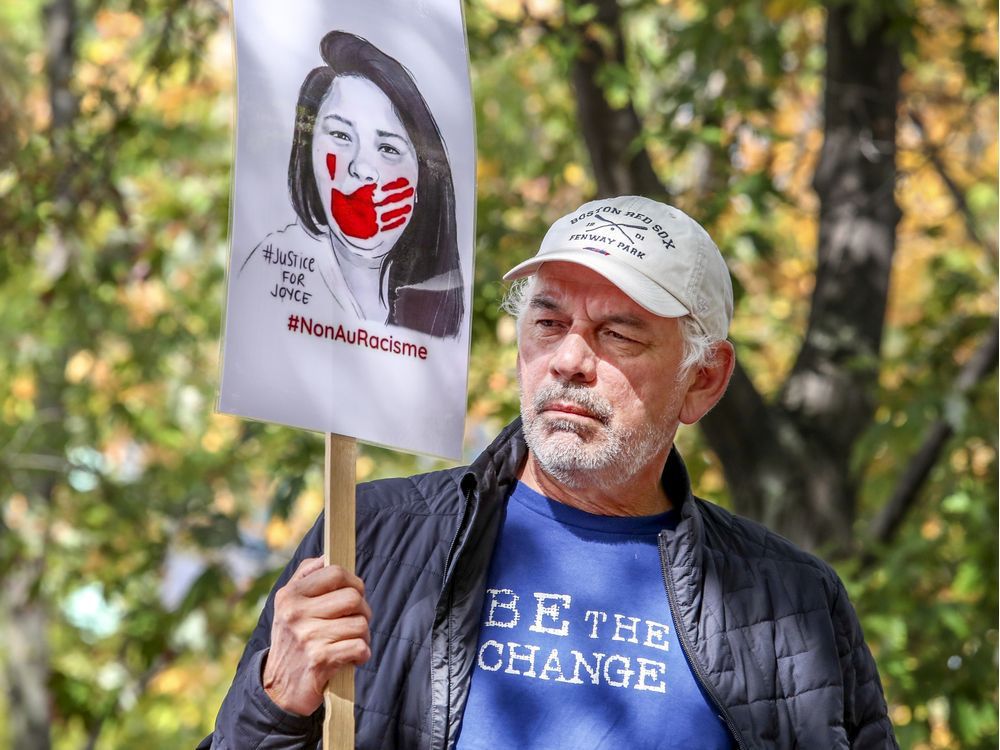during this unprecedented year, any opportunity to acknowledge and celebrate women’s achievements globally is a welcome distraction from the impact of the covid pandemic that has consumed our lives. women’s history month sheds light on the many past and present contributions made by over 50 per cent of our canadian population. however, for us as black women, we are fighting both for the recovery and inclusion of our stories within the canadian context, and our meaningful engagement in the sustained action to tackle persistent and profound barriers to women’s success in our country. this month, as we renew the discussion about the fight for gender equality across canada, we must also discuss the need to support an equitable recovery from covid-19 that offers economic and social stability for all women.
black women, in particular, have been deeply impacted by our current health and economic crisis, with black communities in toronto having the highest covid rates, accounting for 21 per cent of reported cases while making up only nine per cent of the overall population. this pattern of racialized disproportionality is repeated across the country.
from left to right: dr. notisha massaquoi, tola mbulaheni and muluba habanyama.
covid-19 has lifted the veil off long-ignored historical inequities and amplified gendered race-based differences in how we experience health crises. black women stand at the intersection of multiple barriers, experiencing the combined effects of racial, gender, and other forms of discrimination, while navigating systems and institutional structures in which entrenched disparities remain the status quo. as a result, anti-black racism has become more visible and unavoidable in discussing pandemics. it has prompted conversations about who is overexposed as essential frontline workers providing care and critical services, whose susceptibility is compounded due to higher rates of pre-existing health conditions, and who are among the most economically marginalized in canadian society.
 3 minute read
3 minute read









